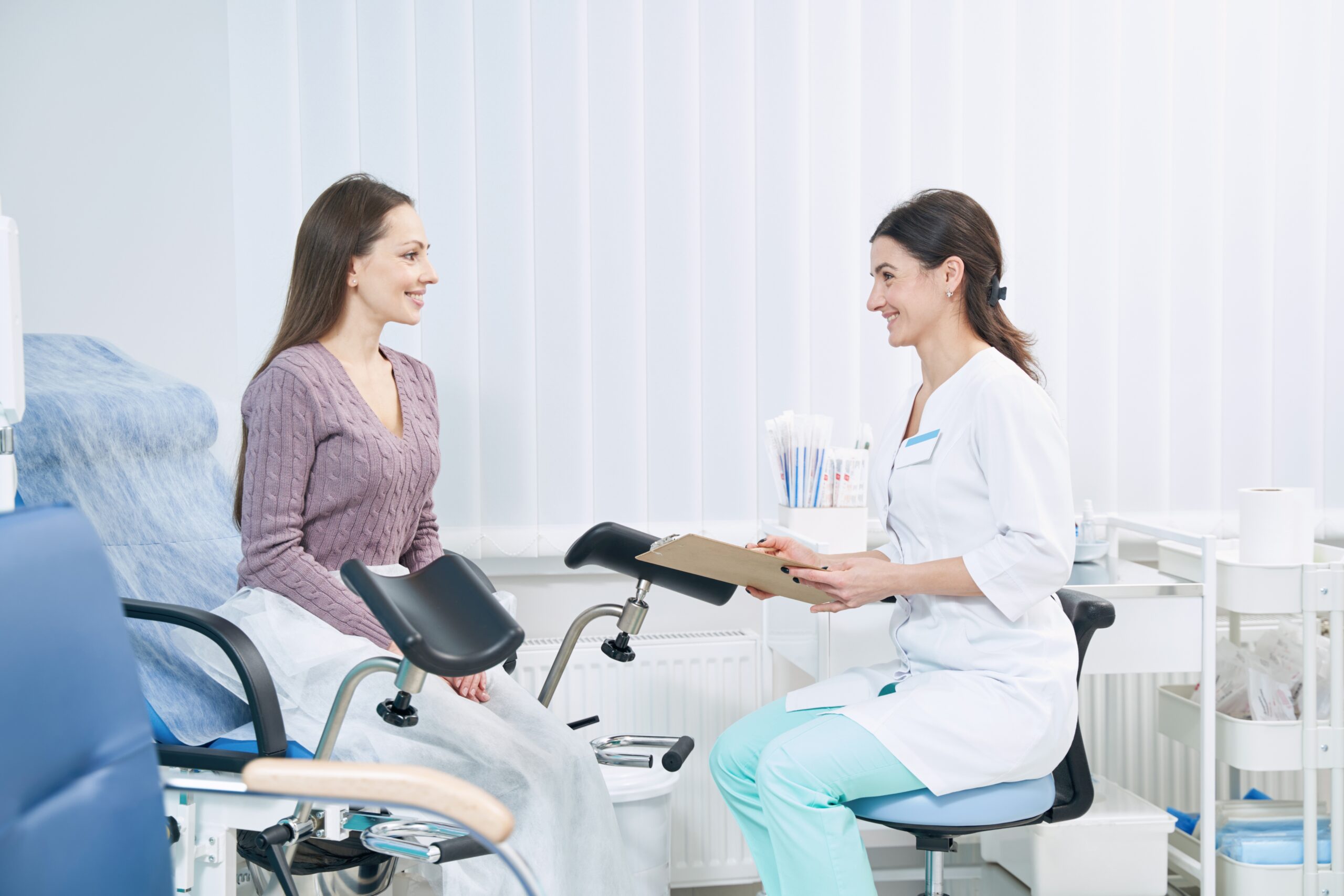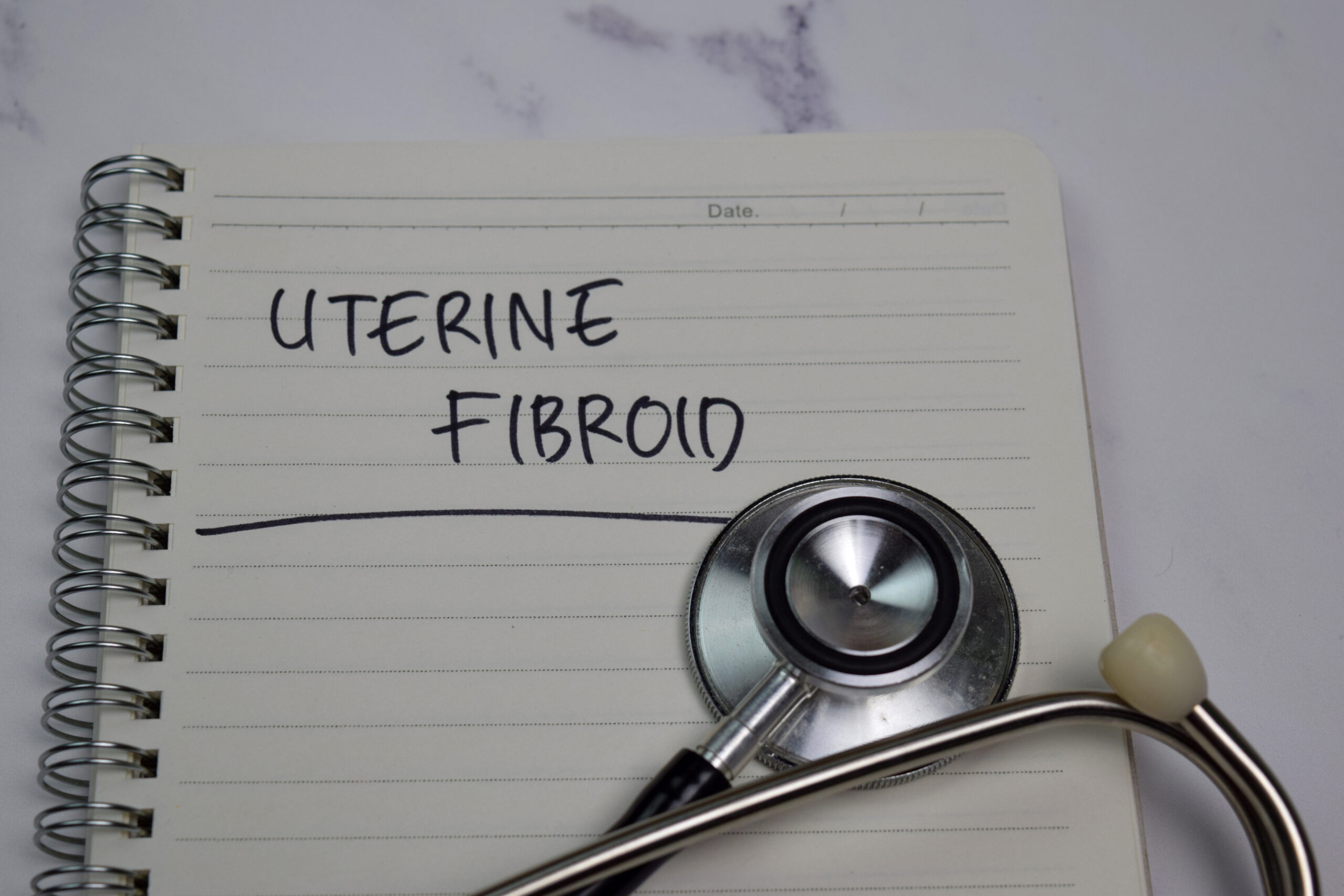Could your acne be hormonal imbalance acne? If you’re a woman over the age of 25, there’s a good chance the answer is yes.
Dealing with acne during your teenage years is practically a rite of passage, but having acne that persists into adulthood is something no one should have to deal with.
Unfortunately, around 54 percent of women older than 25 still suffer with acne breakouts, and numbers are said to be on the rise.
Since adult acne is typically “hormonal” in origin, women are especially likely to suffer breakouts around their time of the month, and during other periods of hormonal fluctuations (like pregnancy and menopause).
This hormonal acne usually pops up in the form of deep, cyst-like pimples right around your jaw line. In addition to being painful, this type of acne can cause significant scarring, and is notoriously more difficult to treat than other types of acne.
Luckily, even though these breakouts have a tendency to be persistent, there are still many treatments you can utilize to fight back— and we’re here to tell you about them!
Read on to Uncover 7 Ways to Fight Hormonal Imbalance Acne.
1. Over-the-counter Cleansers
Over-the-counter cleansers are often the first line of defense to try against pesky pimples. Since these cleansers require no prescription, this option is relatively hassle-free.
If you take this route, you’ll want to use a cleanser that contains salicylic or glycolic acid (which will also help exfoliate your skin). Many specialists also recommend a probiotic cleanser, which may help control the bacteria and yeast in your skin, and decrease inflammation.
Although OTC cleansers may help manage acne breakouts, for many women it is not enough to fend off hormonal imbalance acne entirely, which brings us to #2.
2. Topical Retinoids
If over-the-counter cleansers have been ineffective in treating your acne, you may want to see your doctor to discuss stronger treatments. For mild-to-moderate acne, your doctor may likely suggest to try topical retinoids.
Topical retinoids work by speeding up the rate at which dead skin cells fall off, helping to prevent these cells from clogging your pores. This medication is often the preferred treatment for mild-to-moderate acne, because it has few severe side effects, and helps to prevent future breakouts as well as fighting active ones.
While there are some retinol-containing products that you can buy over-the-counter, you will be able to get much more potent topical retinoids from your doctor (via prescription).
3. Oral-contraceptive Pills
Oral-contraceptives can be a good option for treating acne in women that are not looking to get pregnant in the near future. Rather than treating the acne itself (like topical treatments do), oral-contraceptives work to treat the hormonal imbalances that cause these breakouts in the first place.
More specifically, oral-contraceptives keep your estrogen/progesterone levels constant (instead of allowing them to shift as they would naturally throughout the month). Oral-contraceptives help fight the breakouts that tend to occur when estrogen/progesterone levels naturally dip.
If you think oral-contraceptives may be right for you, you should schedule an appointment with your doctor to explore the option further. Be sure to explain to your doctor why you want to start The Pill— since certain oral-contraceptives are typically better for treating acne than others.
4. Spironolactone (Anti-Androgen Drugs)
Anti-Androgen Drugs (such as Spironolactone) are another class of oral drugs that help treat hormonal imbalance acne in females.
Like oral-contraceptives, Spironolactone treats acne by regulating the hormones that are behind the breakouts to begin with. However, while oral-contraceptives work to regulate the female sex hormones (estrogen and progesterone), anti-androgen drugs work to regulate male sex hormones (which are called androgens).
Since abnormally high androgen-levels contribute to break-outs in females, these anti-Androgen drugs (which keep androgens from getting too high) can be extremely effective for treating acne.
Sprinoloactone is not for every women, though, and it does come with some potentially serious side effects. It is also important to note that results will not be immediate— meaning you will have to commit to several months of treatment before seeing improvement in your acne.
If you are interested in trying Spironolactone, make an appointment with your doctor to find out if the medication is right for you.
5. Accutane
Accutane is a much stronger medication for fighting acne in both adults and adolescents.
Unlike oral-contraceptives and Spironolactone, Accutane is used exclusively for the treatment of acne. Because of Accutane’s higher potential for side effects, it is usually reserved for fighting severe acne that has been resistant to other treatments.
Accutane is an oral form of vitamin A that works to decrease acne by lowering the amount of oil released by your glands. By helping your skin renew itself faster, Accutane also helps fight against acne scars. Accutane is usually taken temporarily for a cycle of 15 to 20 weeks, with the option to undergo a second cycle (if symptoms have not improved).
While on the cycle, many might experience harsh side-effects (such as dry, flaky skin and nose bleeds). However, many believe sticking out the side effects is worth it.
Accutane should not be taken by women who are, or may become pregnant in the near future (as it can cause severe harm to your baby). Even if you are not planning to become pregnant soon, your doctor will require you to start birth control alongside the Accutane to help ensure you do not become pregnant while taking the drug.
6. Clean Up Your Diet
Another natural alternative to treating hormonal acne involves watching your diet. Anecdotally, many women say they have experienced less breakouts since cutting out processed foods—especially those containing dairy and high amounts of sugar.
These diet tweaks are said to be effective in treating acne because they may help regulate blood sugar (which can cause inflammation, and hormonal fluctuations when unstable).
Like stress-management, diet modifications may not be enough to stop breakouts entirely—but they can definitely help!
As you can see, there are a wide range of treatments that can help you control hormonal imbalance acne break-outs— so that you don’t have to deal with the pain and embarrassment of hormonal breakouts any longer.
With these acne-fighting weapons in your arsenal, you’ll be well on your way to the clear skin you deserve! Schedule an appointment with your doctor to find out which treatment is right for you.





